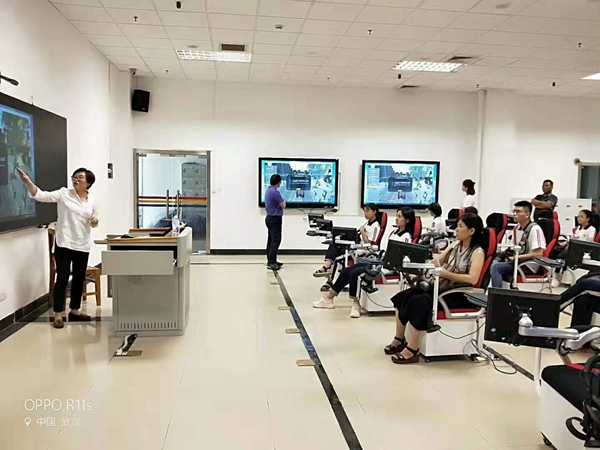Leading in the legal field


Looking to the future
At the recent East Lake Forum on International Laws in Wuhan, the university also inked a cooperation agreement with the China Council for the Promotion of International Trade and the Chinese Society of International Law, aimed at improving China's global influence and voice in the field.
The three parties are expected to strengthen the sharing of information resources, academic exchanges, and work toward combining legal practice and theoretical research.
Focus will also be given to Chinese enterprises "going out", including their involvement in economic and trade investment policies and legal environments, dispute prevention and resolution, intellectual property protection and other key issues under the Belt and Road Initiative global development drive.
At the forum, themed "the future of science and technology and international law", plenary session host and Chinese Society of International Law head, Huang Jin, said the development of international law must progress "in tandem" with technology.
The Chinese legal sector has an important role to play in law-based development amid the new areas and challenges of the digital age, such as big data and artificial intelligence, forum participants heard.
The mining of huge amounts of digital information and the increasing use of AI in daily life alone can pose fresh challenges in the legal field, such as personal data protection, in turn fueling the need for the rule of law and legal practitioners to keep up with these nascent fields, according to forum speakers.
Liu Deliang, law professor at Beijing Normal University, said the legal protection of personal data remains paramount in the digital age.
"Obtaining, analyzing, and using data toward economic development and the improvement of people's lives ... form the main thrust of our big data strategy and its realization," he said.
In that context, China is poised to become "an equal participant and even a leader in the subject of international law", said Wang Chunhui, head of the Digital Economy Research Institute for the World Silk Road Forum under the UN.
The country must be involved in building the rules of the international community for the digital economy, Wang said.
Wuhan University undergraduate Yu Binbin acknowledged the "huge responsibility" of the members of her generation in the rule of law for the country's continued development.
Feng Guo, dean of the law school, said the perseverance and pursuit for a law-based society amid the achievements of reform and opening-up of the past decades will not be forgotten.
"We must continue to fully train and nurture new talent to rise to the challenges … at the same time looking back on our traditions and roots to help provide Chinese wisdom for the world," Feng said.




































